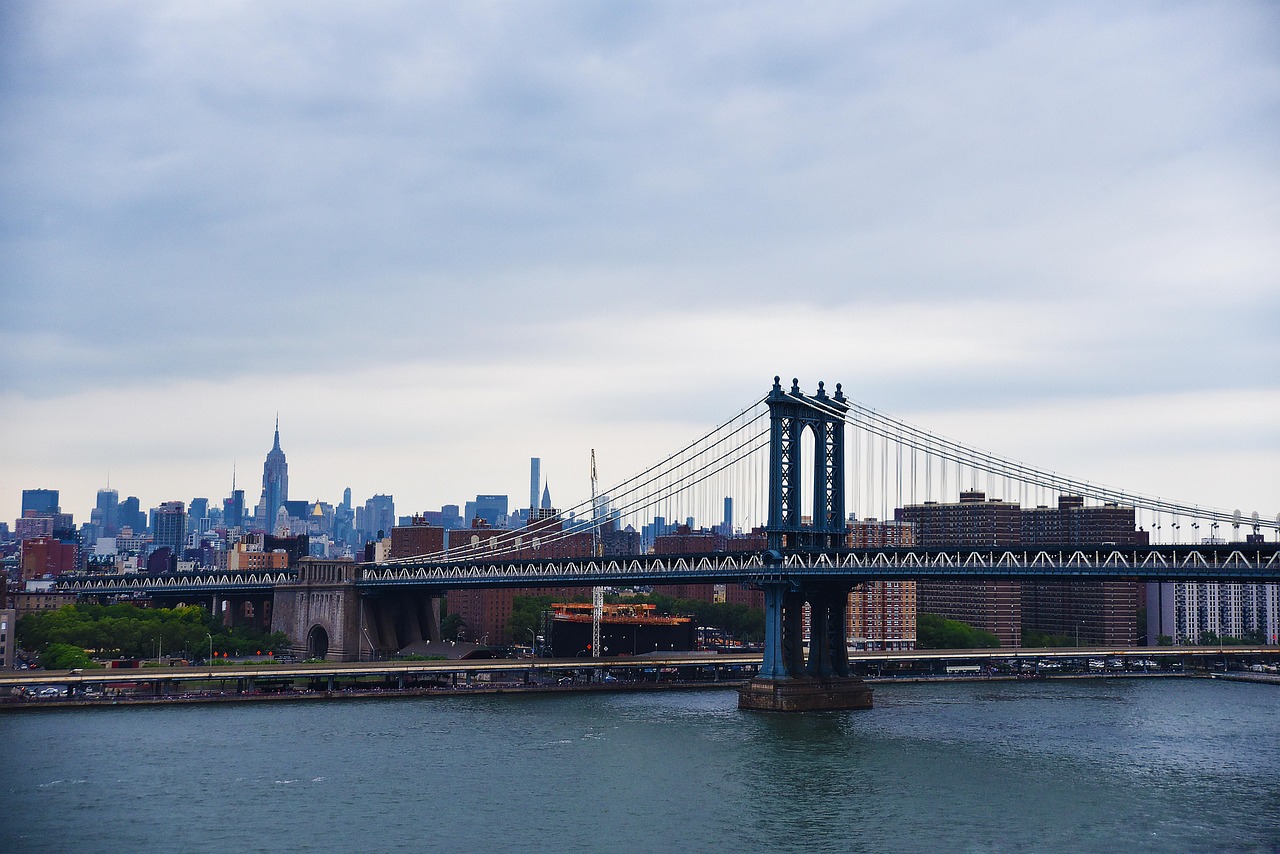
The Evolution of Transportation
The transportation sector is poised for significant changes in the next decade, driven by advancements in technology and a strong push towards sustainability. Electric and autonomous vehicles are set to revolutionize the way we travel, offering cleaner and more efficient modes of transportation. Companies like Tesla and other leading car manufacturers are at the forefront of developing electric vehicles (EVs) that promise to reduce emissions and promote environmentally friendly travel options.
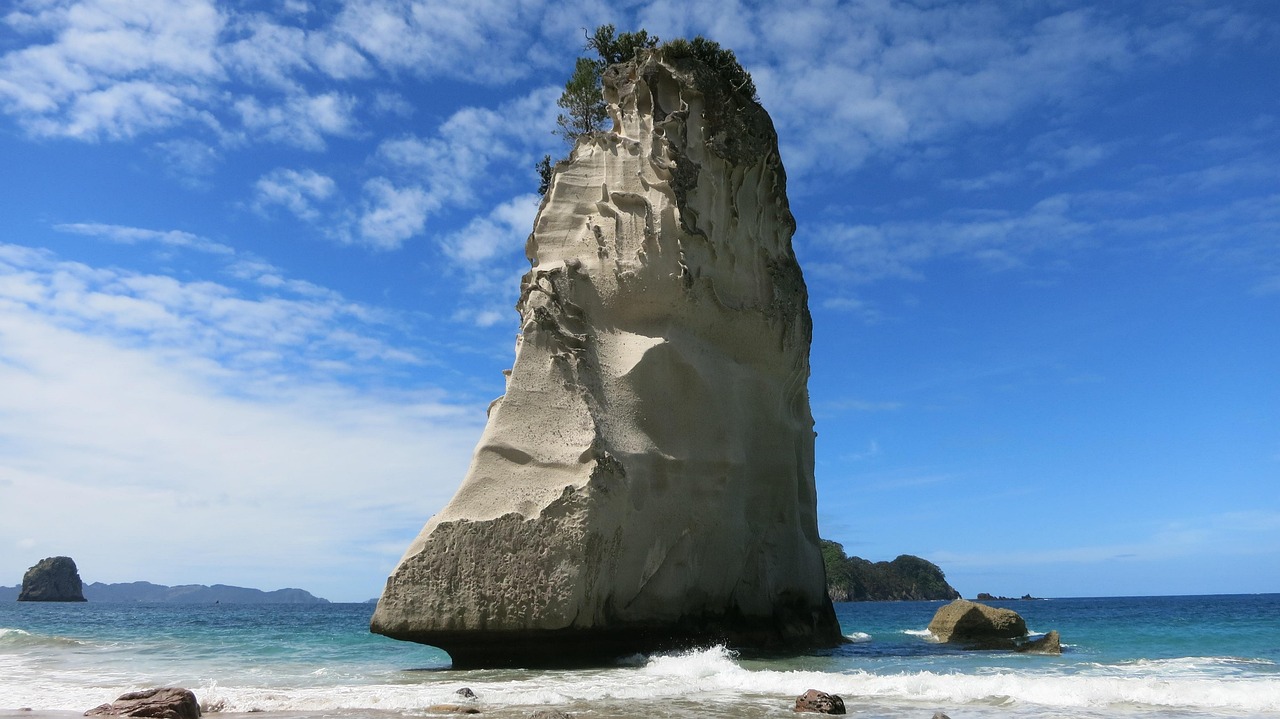
Moreover, hyperloop technology is gaining traction as a potential game-changer for high-speed travel. This innovative transportation system, which uses magnetic levitation to propel passenger pods through low-pressure tubes, could drastically cut travel times between major cities. As these technologies mature, they hold the potential to redefine long-distance travel and significantly reduce our carbon footprint.
Tourism Reimagined: Virtual Reality and Beyond
The next decade will also see a convergence of tourism and technology, offering travelers new ways to experience the world. As mentioned earlier, virtual reality (VR) and augmented reality (AR) will play a pivotal role in this evolution. Beyond virtual tours, these technologies will enable more interactive and educational experiences, allowing travelers to engage with destinations on a deeper level.
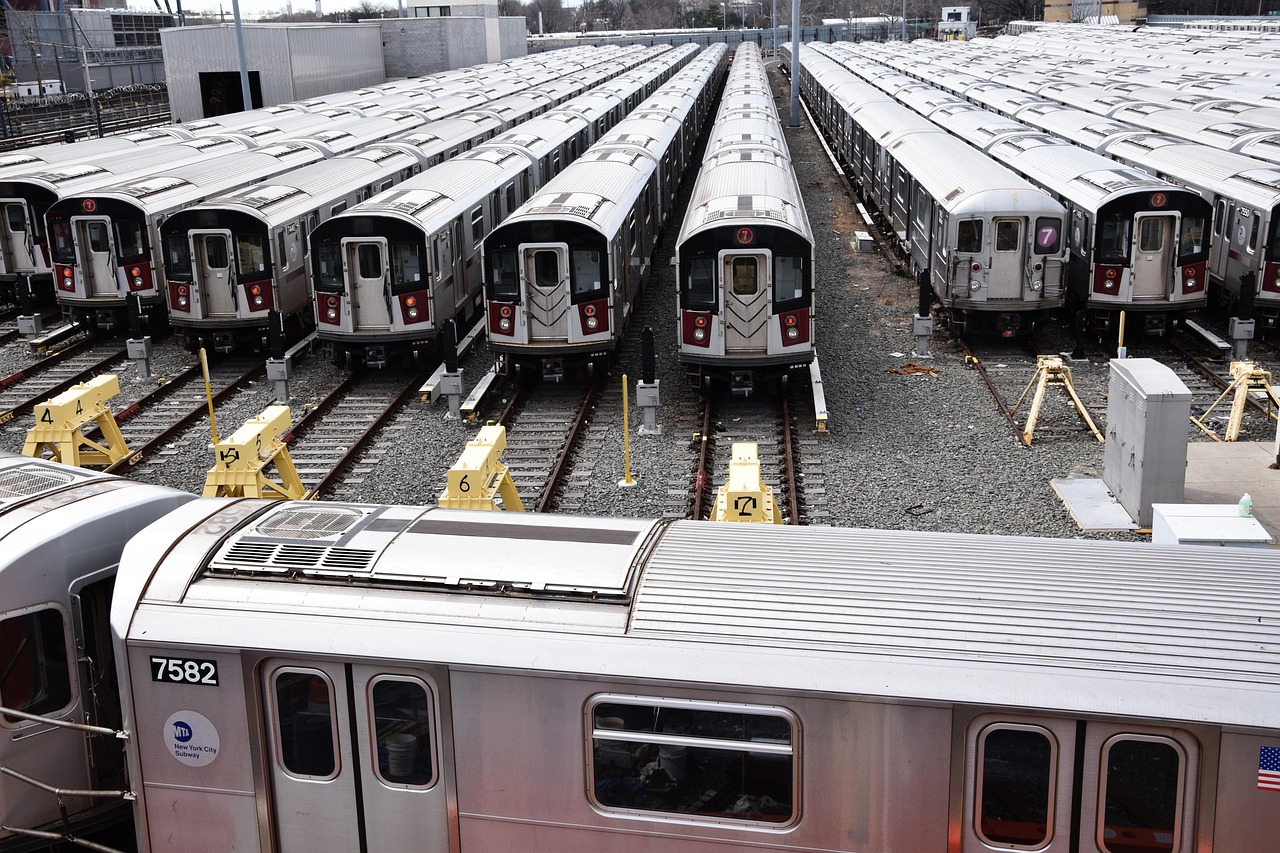
For instance, museums and cultural sites are beginning to incorporate AR features that provide rich, contextual information as visitors explore exhibits. This not only enhances the visitor experience but also attracts tech-savvy travelers seeking innovative ways to learn and interact with their surroundings.
Smart Cities and Connected Destinations
As urbanization continues to rise, the development of smart cities will become increasingly important. These cities leverage technology to create efficient, sustainable, and connected environments that enhance the quality of life for residents and visitors alike. A key component of smart cities is the use of the Internet of Things (IoT) to improve infrastructure, transportation, and public services.
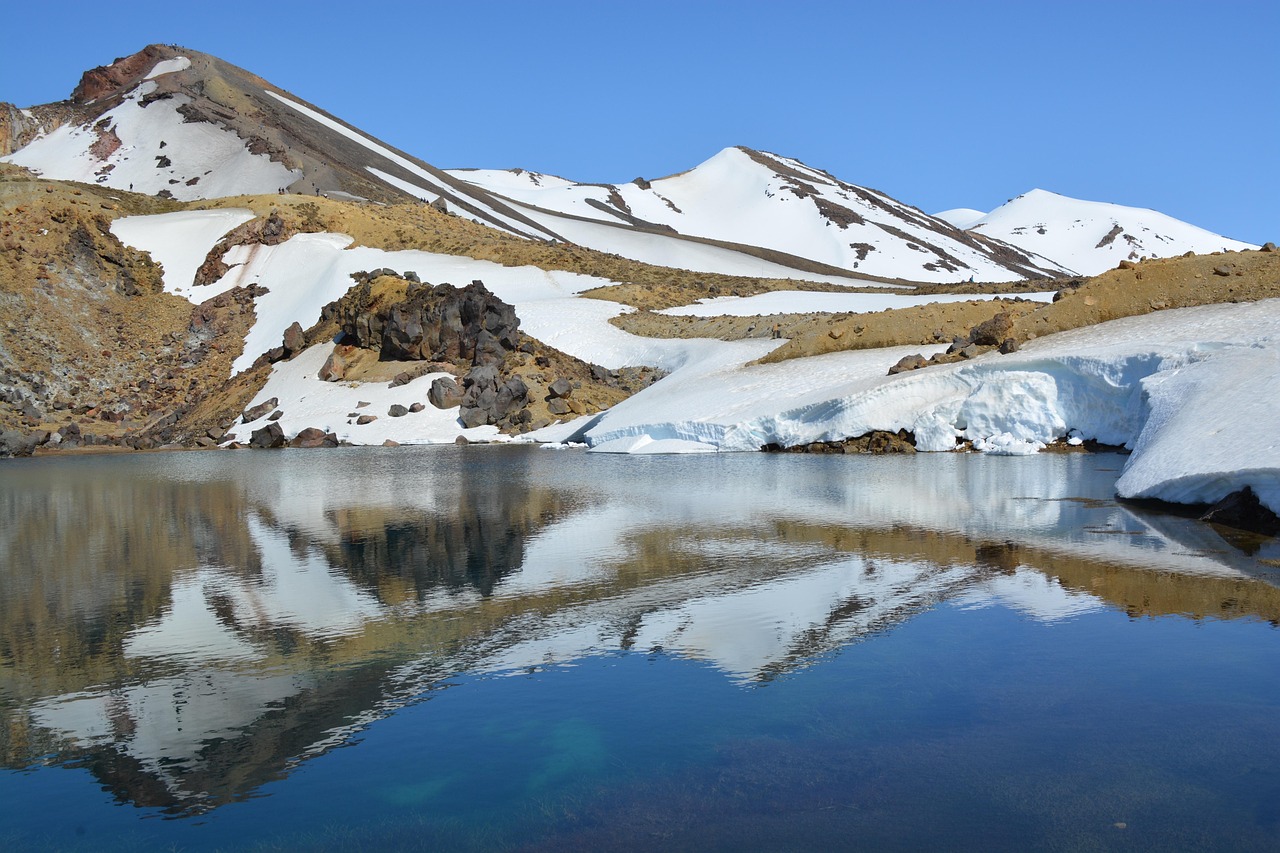
Travelers visiting these destinations can expect improved urban mobility, real-time information, and seamless connectivity throughout their stay. Smart cities will also prioritize sustainability, incorporating green spaces and efficient waste management systems to reduce environmental impact. As more cities adopt smart technologies, they will become attractive destinations for forward-thinking travelers seeking modern and sustainable urban experiences.
Adapting to a Post-Pandemic World

The COVID-19 pandemic has had a profound impact on the travel industry, leading to shifts in consumer behavior and priorities. As we move forward, health and safety will remain at the forefront of travel considerations. Enhanced hygiene protocols, contactless services, and flexible booking policies will likely become permanent fixtures in the travel landscape.
Additionally, the rise of domestic travel and staycations is expected to continue, as travelers seek safe and accessible options closer to home. This trend presents an opportunity for local tourism boards and businesses to promote lesser-known destinations and unique experiences within their regions.
Conclusion: Navigating the Future of Travel
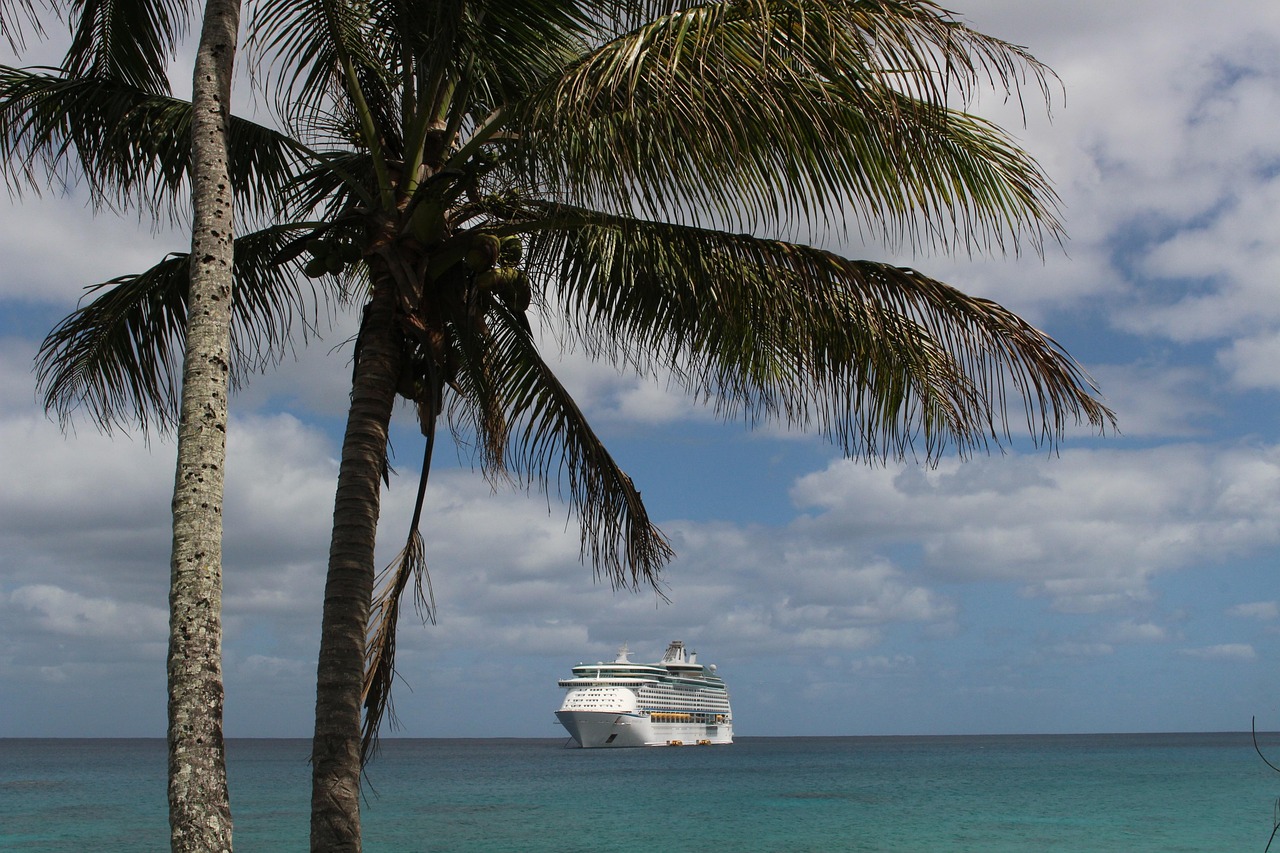
The future of travel is set to be a dynamic and transformative journey, shaped by technological advancements, sustainability efforts, and changing traveler preferences. As we look ahead, it’s essential for travelers and industry stakeholders to embrace these changes and adapt to the evolving landscape.
By staying informed and open to innovation, we can ensure that travel remains a source of inspiration, connection, and discovery for generations to come. Whether you’re planning your next trip or contributing to the industry’s evolution, the next decade promises to be an exciting era of exploration and growth.
As we prepare to navigate this new world of travel, let’s embrace the opportunities that lie ahead and work together to create a more sustainable, inclusive, and enriching travel experience for all.





